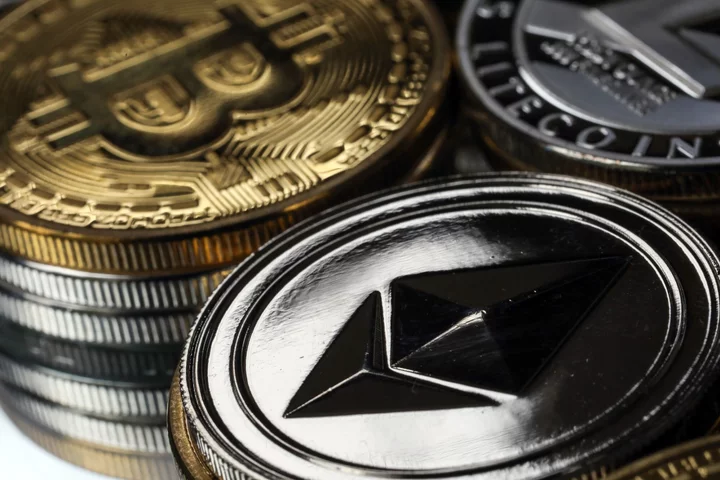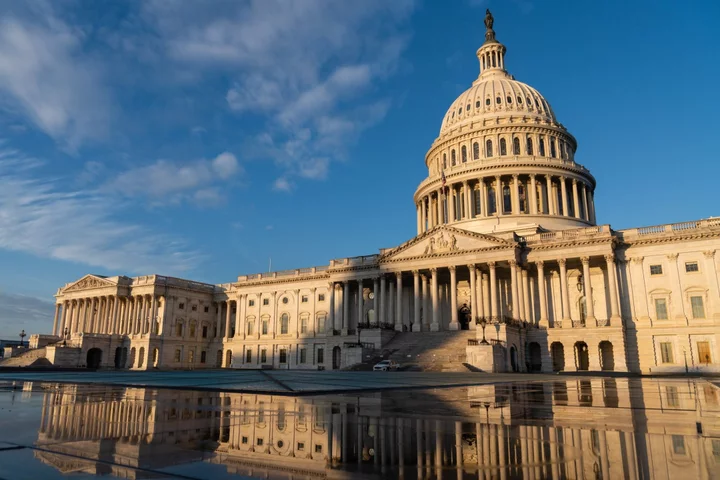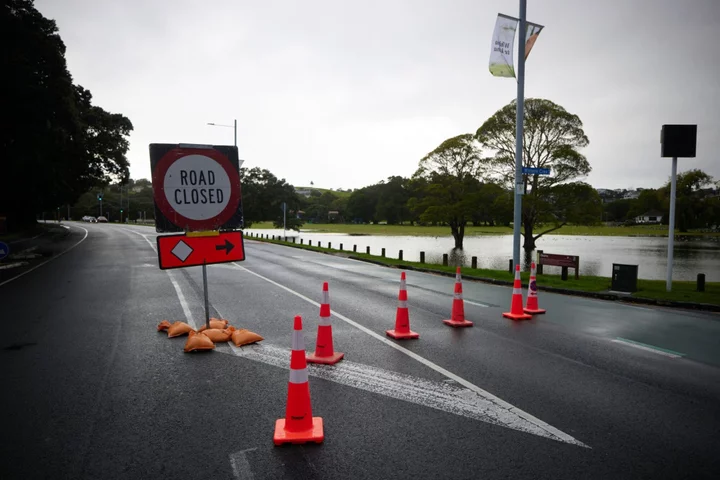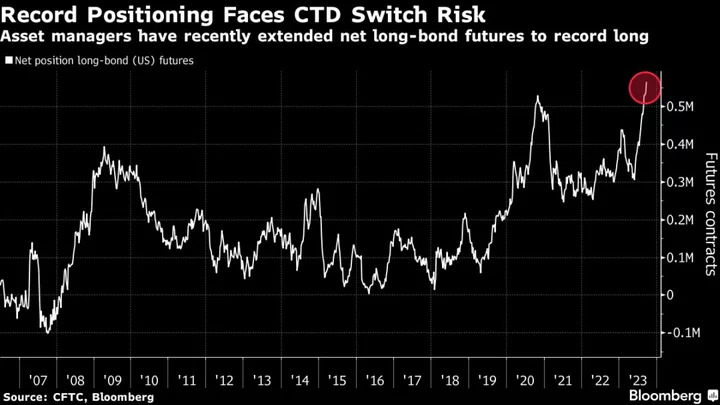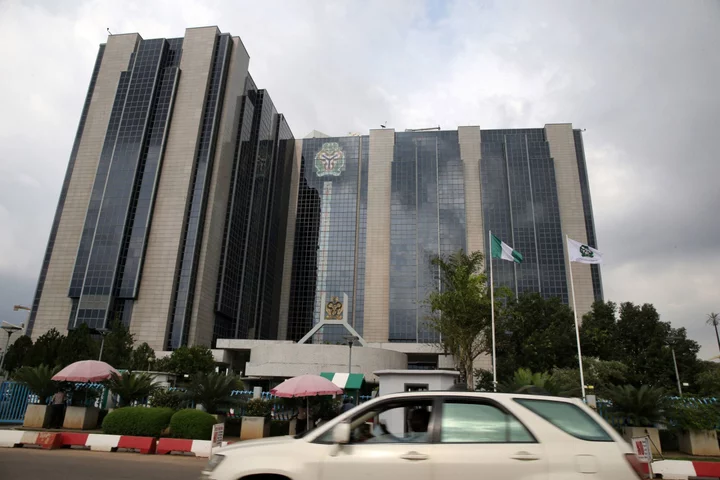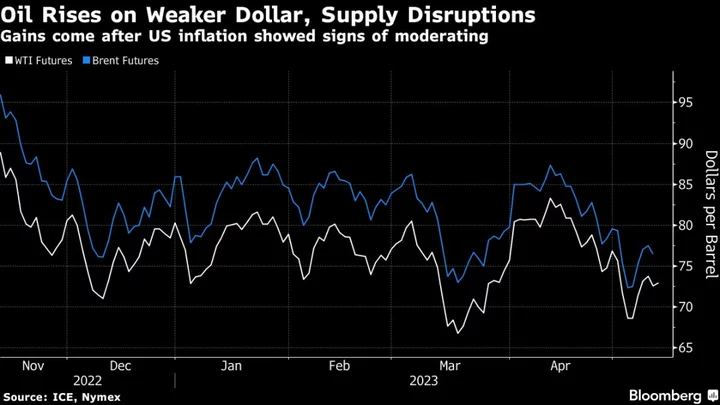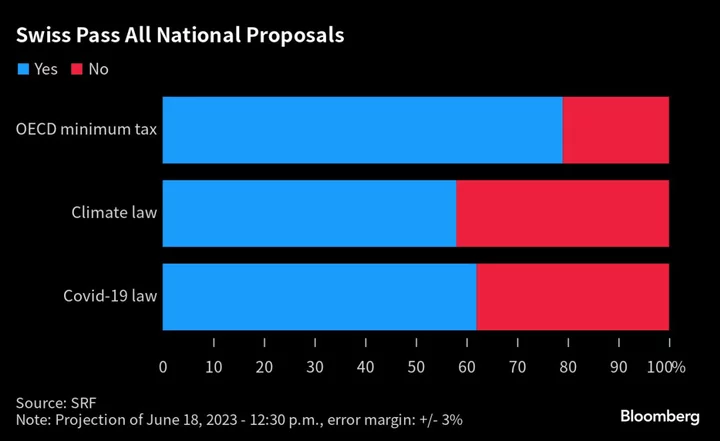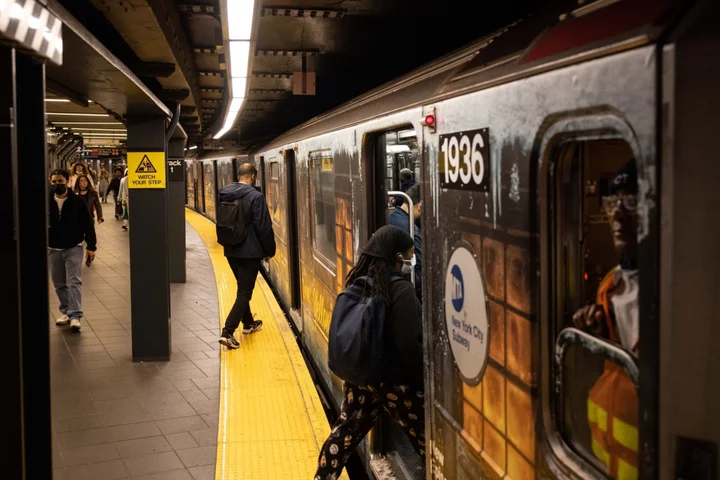Two crypto lenders with links to South Korea halted withdrawals in quick succession, a reminder of lingering risks even after regulators around the world tightened oversight of the industry.
One of the companies, Delio, said that what it called a temporary halt took effect on Wednesday and blamed “market volatility and increased confusion” triggered by the suspension of withdrawals and deposits at the other outfit, Haru Invest.
There was a “sudden surge of withdrawals on our end in the aftermath of Haru Invest’s withdrawal suspension,” said Delio Chief Executive Officer James Jung via LinkedIn. “We have thus temporarily suspended withdrawals to calm the situation.” Jung said it’s too early to say when his firm may resume withdrawals, and couldn’t give an estimate of the size of Delio’s crypto deposits.
Digital-asset markets appeared to take the news in stride, with the Bloomberg Galaxy Crypto Index little changed at 10 a.m in London on Thursday. Still, the episode has echoes of last year’s crypto contagion and highlights the lack of investor safeguards in a corner of the industry where some platforms target savers by offering juicy yields that aren’t always sustainable.
“The source of the issue is centralized platforms offer superficial yields to attract investors, and by doing so, they have to leverage up their positions,” said Cici Lu, founder of blockchain adviser Venn Link Partners. “Centralized platforms who run on unsustainable business models are not out of the woods.”
Haru Invest earlier cited a problem with a service provider for its suspension and subsequently tweeted that it’s taking legal action against a company for allegedly providing management reports containing false information. Haru Invest CEO Hyungsoo Lee didn’t respond to requests for comment.
Delio holds a so-called Virtual Asset Service Provider license in South Korea and is based in Seoul’s Gangnam district, Jung said. Haru’s website says it’s headquartered in Singapore, although it doesn’t have a digital payments token provider license there. Its office in Singapore’s central business district appeared empty when a Bloomberg reporter visited on Thursday. Haru also has an office in Seoul, its website shows.
“The Services provided through Haru Platform are currently not regulated by any banking or securities regulator in any jurisdiction,” its website says. “Virtual Assets held in an account with Haru are not protected by any depositor or investor protection insurance scheme.”
Double-Digit Yields
A South Korean government official who asked not to be identified in line with official policy said the FSS only screens licensed crypto platforms for money-laundering breaches, and Delio’s halt doesn’t appear linked to that. Haru isn’t licensed in South Korea and so doesn’t fall under the FSS’s purview, the official said.
Delio’s total accumulated transactions mostly span about $1 billion of Bitcoin and $195 million of Ether, based on its webpage. Haru Invest had less than $1 billion of assets under management as of April 18, its website shows.
Both platforms touted double-digit yields. Delio’s website lists services including deposits, lending and staking — the process of locking up tokens to facilitate the functioning of blockchains in return for rewards. Haru Invest says it deploys an “algorithmic trading model” to generate returns.
Crypto investors seduced by high lending returns got burned in 2022, when a $1.5 trillion digital-asset rout exposed risky practices and led to the bankruptcy of platforms such as Celsius Network.
South Korea has also witnessed a string of scandals linked to virtual tokens, most prominently the collapse of crypto entrepreneur’s Do Kwon’s TerraUSD stablecoin project, which US authorities say led to at least $40 billion of direct losses. Kwon is now under arrest in Montenegro, and the US and South Korea are seeking to have him extradited.
--With assistance from Se Young Lee, Olga Kharif, Muyao Shen and Dave Liedtka.

